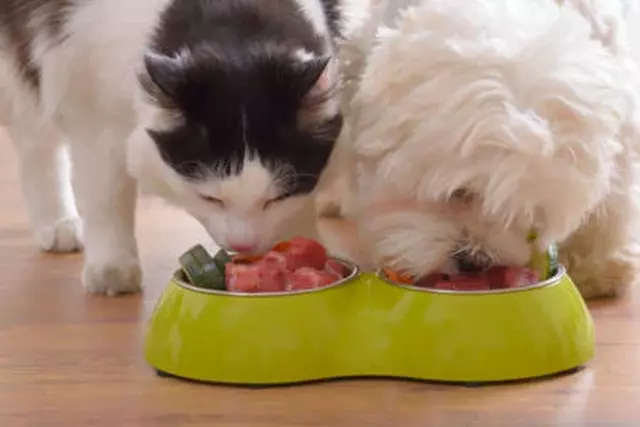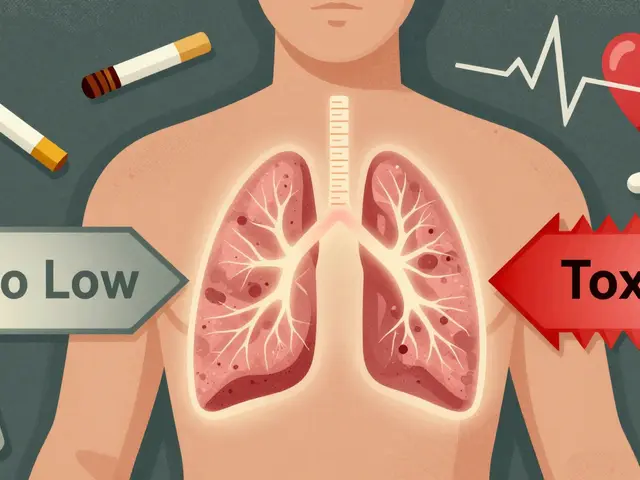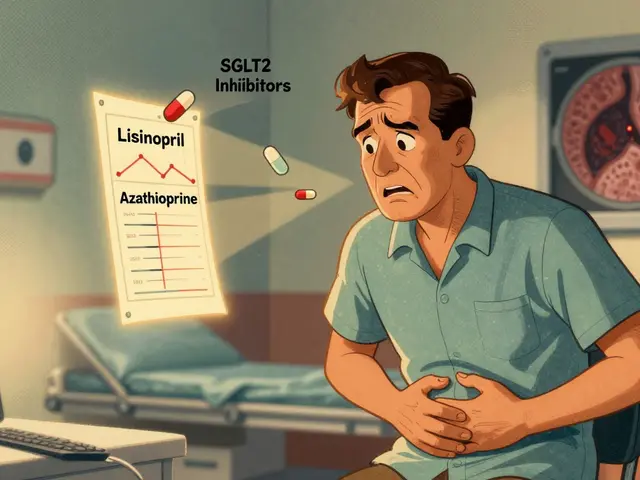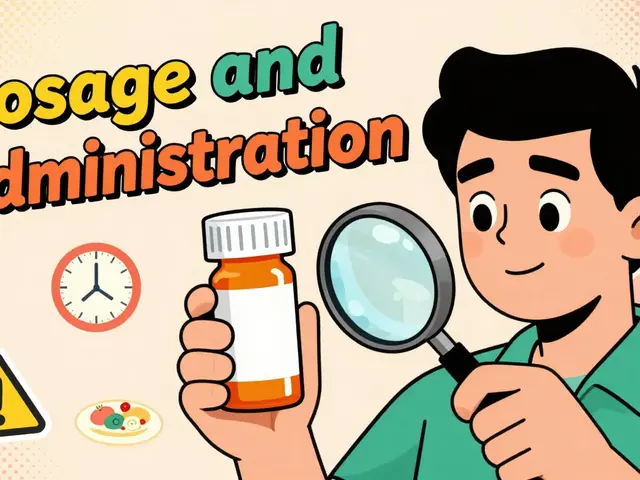Bloating: Why Your Belly Feels Tight and What to Do About It
Bloating can feel like your stomach is full of air, heavy, or visibly swollen. It doesn’t always come from overeating. Gas, slow digestion, certain foods, and even some medicines can cause that uncomfortable tightness. This page helps you spot the cause, try fast fixes, and decide when to get medical help.
Quick fixes you can try today
Start with small, practical steps you can do right now:
- Cut carbonated drinks and chew more slowly—swallowed air adds up fast.
- Try a low-FODMAP day or two: skip onions, garlic, apples, and beans and see if you improve.
- Use over-the-counter helpers: simethicone for trapped gas, lactase pills if dairy bothers you, and alpha-galactosidase (Beano) for beans and cruciferous veggies.
- Move: a short walk after meals speeds digestion and lowers gas buildup.
- Limit sugar alcohols (sorbitol, xylitol) in sugar-free gum and candies—these often cause gas and bloating.
- Watch salt and fluid: if your belly feels puffy rather than gassy, excess salt or certain meds can cause fluid retention.
If you suspect a food trigger, keep a simple food-and-symptom log for a week. That often makes patterns obvious—like dairy, beans, or fizzy drinks.
When bloating needs a doctor
See a clinician if bloating comes with severe belly pain, unexplained weight loss, repeated vomiting, blood in stool, or if it’s a new problem lasting more than two weeks. These signs could mean something that needs tests or specific treatment.
Also tell your doctor about medicines you take. Some drugs cause constipation or fluid retention and that can feel like bloating. If gut motility is a problem—food moves too slowly—your provider may discuss treatments. Our Motilium Alternatives article looks at options for patients with motility issues and digestive discomfort.
Persistent bloating can be linked to conditions like IBS, lactose intolerance, celiac disease, or small intestinal bacterial overgrowth (SIBO). A targeted approach—diet changes, tests, or short courses of medicine—usually helps once the cause is known.
Want more detail? Read related guides on Apostrophe Pharma Guide: check our Motilium Alternatives piece for medicines that help gut movement, and our Lasix article if swelling and fluid retention are on your mind. If you take multiple medications, see our Citrus Drug Interactions article to avoid unexpected effects from foods and drugs.
Quick recap: try simple diet and behavior changes first, use targeted OTC aids for short-term relief, and see a doctor if symptoms are severe, persistent, or worrying. Small changes often make a big difference—start with what’s easiest: cut the fizz and take a brisk walk after meals.

Understanding the link between food intolerances and bloating after a meal
In my exploration of food intolerances and bloating, I've come to understand that these two are closely connected. When we consume foods that our bodies can't properly digest, it often results in bloating after a meal. This happens because the undigested food ferments in the gut, causing gas and discomfort. Identifying and managing food intolerances is therefore a key step in reducing bloating. In essence, what we eat directly affects how we feel post-meal, emphasizing the importance of a mindful diet.
Read More




